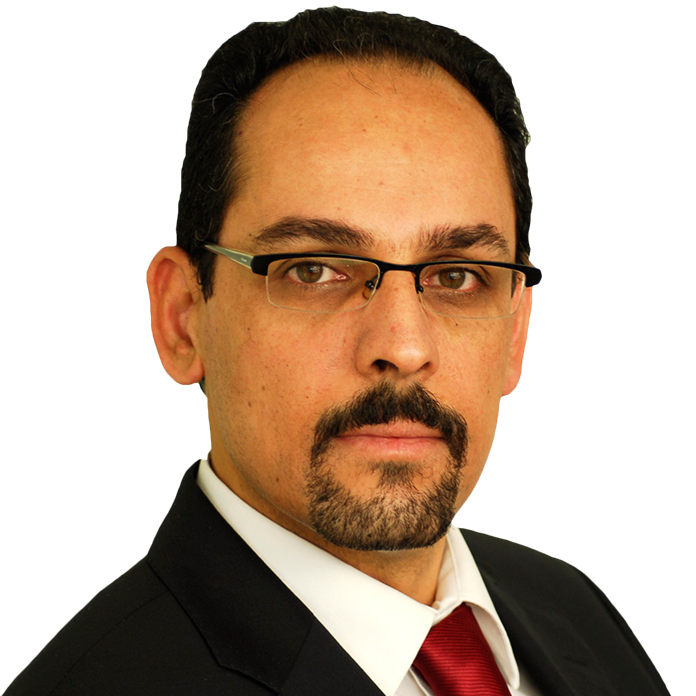The U.N. Security Council (UNSC) Syria Resolution of Dec. 18 could be a game changer in the four-year bloody war in the country. But its success depends not on what is said in meetings but what is done on the ground.UNSC Resolution 2254 can be seen as a milestone development as it introduces for the first time a timetable and a road map for political transition in Syria. Its 18-month time frame involves a cease-fire, talks between the Syrian opposition and the regime, formation of a transitional government, elections and writing a new constitution. If realized, this could be a turning point and bring an end to one of the most catastrophic wars in recent history.
The meeting in Riyadh on Dec. 14 brought together the main representative groups of the Syrian opposition. Riyad Farid Hijab, the former prime minister of Syria, was elected to represent the Syrian opposition in the talks between the regime and the opposition. The Saudi initiative is important as it helps opposition groups coordinate their efforts and come to the U.N. negotiating table with one voice. Turkey supported this process and remains in close contact with Saudi Arabia and opposition groups.
Staffan de Mistura, the U.N. special envoy for Syria, plans to convene the first round of talks on Jan. 25 in Geneva. All countries involved should help de Mistura and the opposition groups hold this meeting. At this point in the war, the only way forward is to prepare the conditions for a fair and real political transition in Syria. This requires the establishment of a fully authorized transitional government and the exit of the criminal Assad regime. Assad must transfer his powers to the transitional government so that the four years of fighting end and the work of political transition can begin. This is also the most effective way to confront the evil of DAESH terror.
What matters now is what is done on the ground in Syria, and the picture there is not promising. The Russia-Iran alliance continues to support the Assad regime. Contrary to claims, the Russian airstrikes that began on Sept. 30 have targeted mostly opposition groups rather than DAESH. Out of 4,200 airstrikes and sorties only 191 have hit DAESH targets. Hundreds of civilians have been killed. Most recently, Russian airstrikes also target the leaders of moderate opposition groups. In the meantime, the Iranian Revolutionary Guards are reported to have been suffering heavy casualties. Yet Iran and Hezbollah seem to be determined to support the Assad regime no matter what. What an irony it is that the two "Islamist" actors in the Middle East risk everything to keep a brutal, secular and nationalist regime in power.
Clearly, the goal of the Russian-Iranian alliance is not to fight DAESH, but to prolong the life-term of the ailing Assad regime. This is probably welcomed by DAESH, as it needs Assad's brutality to justify its own barbarism and recruit new members. In turn, the Assad regime is happy with DAESH's carnage in Syria, as it uses it to sell its story of being a reliable secular partner against Islamic vandals. The propaganda-savvy crimes of DAESH are also a convenient distraction from the fact that the Assad regime has killed far more than any terrorist group in the history of the region.
The dual evils of the Assad killing machine and DAESH terrorism are closely intertwined. They feed each other off. Those who try to keep the regime alive through artificial means are keeping DAESH alive. They are also sowing new seeds of sectarian war in the region.
The Russian-Iranian military alliance is likely to derail the U.N. process. It will probably make last-minute attempts to cause as much damage to the Syrian opposition as it can before the Jan. 25 meetings begin.
This must be prevented. All parties, including Russia and Iran, should play a constructive role in the new U.N. process. Targeted assassinations, summary executions and indiscriminate bombings in defense of the Assad regime go against the spirit and the letter of the Geneva-Vienna agreements and the Resolution 2254. The Assad regime must understand that it has long lost legitimacy and cannot be part of the future Syria. The international community ought to make this crystal clear to the regime and its supporters.
Otherwise, the last glimmer of hope in Syria will be wasted.
Source:




















